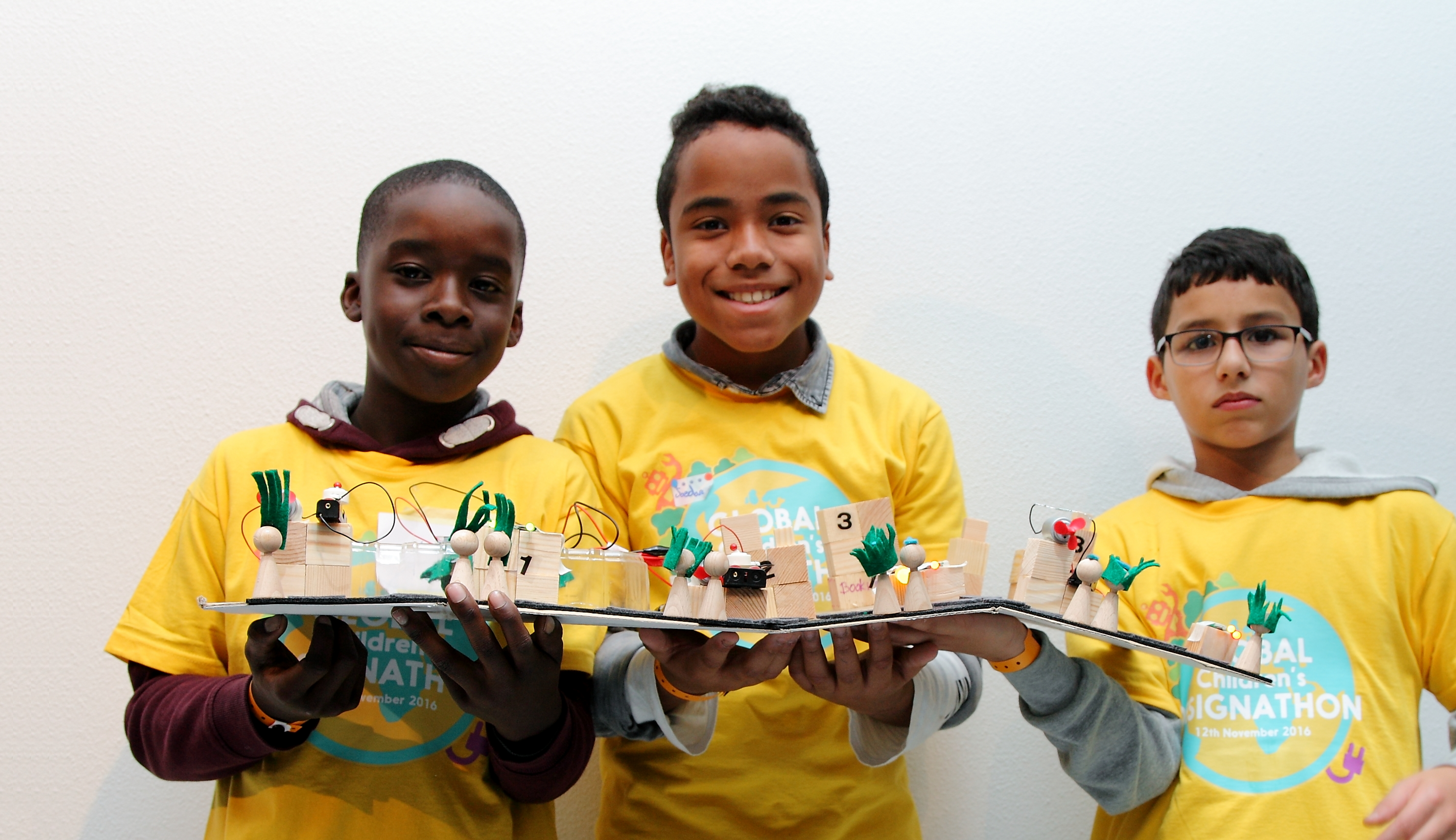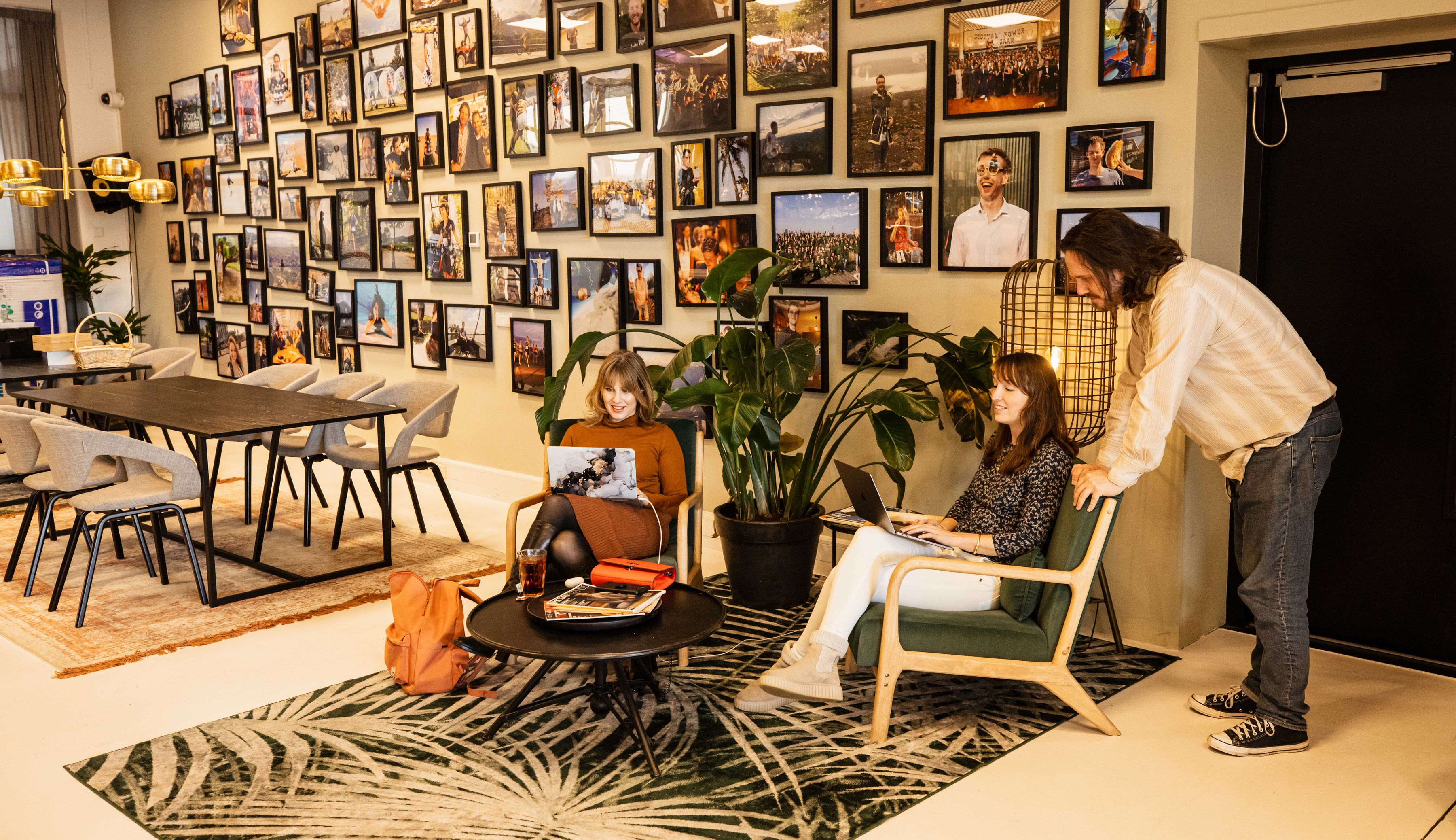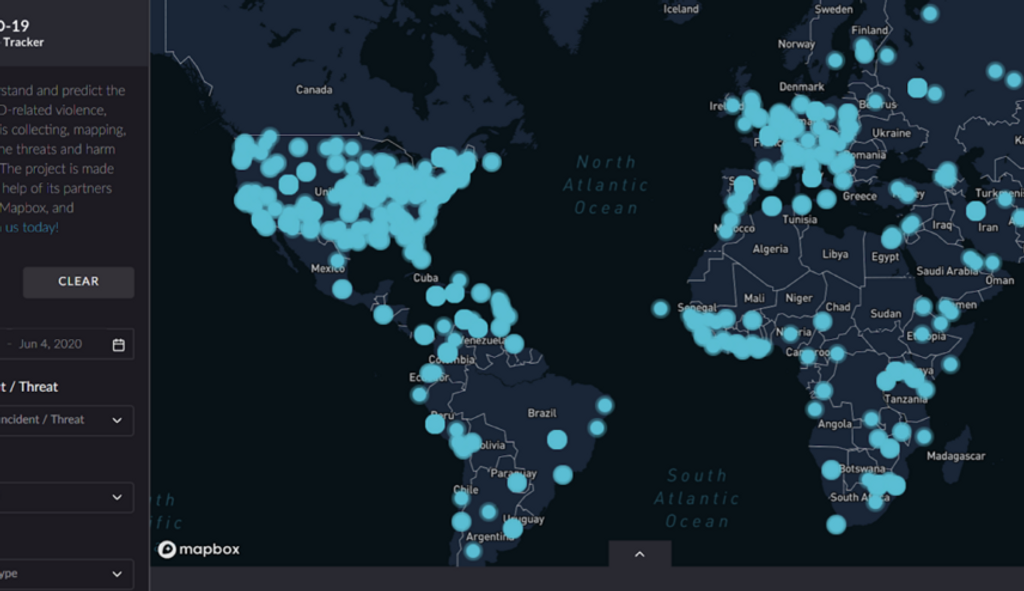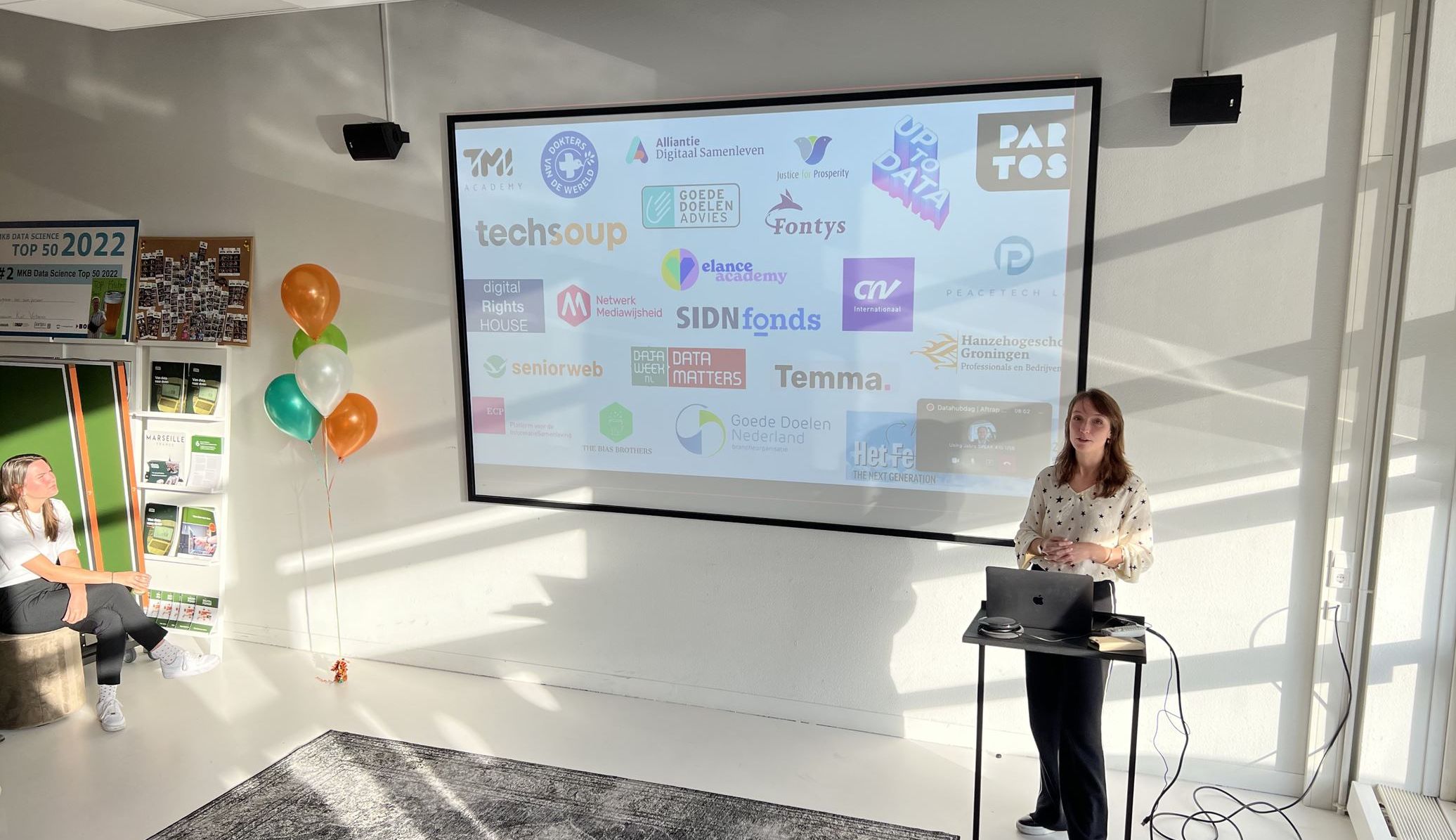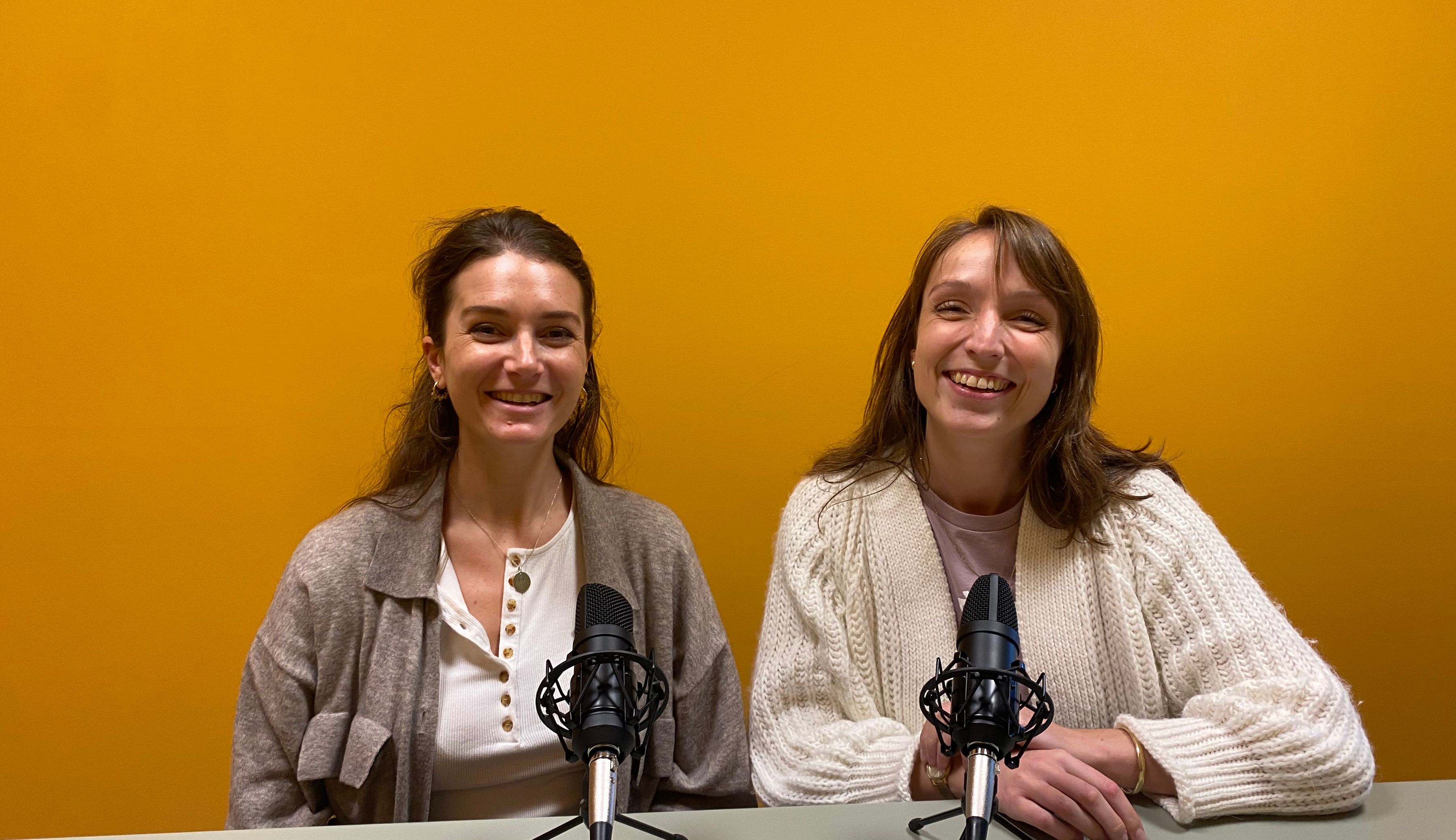Target group research for new website
Doctors of the World
- Customer case
- Customer Experience
- Data projects
- Research

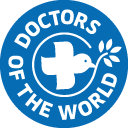

The organisation Doctors of the World offers medical assistance to people in a vulnerable position. They often do not know how to find their way in the Dutch healthcare system. Doctors of the World helps them with this. One of the channels to get informed about the work of Doctors of the World is the website, which will be redesigned.
To ensure the new website connects well with the various target groups of the website, we conducted a target group survey free of charge from the Digital Power Datahub foundation. The focus of this research was on the primary target groups of the Doctors of the World website: sympathizers and clients. The data from this research then formed the basis for personas, which will help Doctors of the World to make well-founded choices when developing the new website.
Our approach
First, we formulated a research question and sub-questions to give direction to the target group research. The main question we set to work was 'What are the characteristics, wishes and needs of the target groups of the Doctors of the World website? '. To answer this question, and the more specific sub-questions, we used various qualitative and quantitative data sources.
For the target group of sympathizers, we had access to data from existing reports about sympathizers of Doctors of the World. We also collected data by conducting interviews with both employees and sympathizers. We supplemented the insights obtained from the reports and interviews with data from a survey, distributed among a large group of sympathizers.
For the target group clients, we started by collecting and analysing data from CBS reports and internal (anonymized) data sources from Doctors of the World. We then interviewed various employees who often come into contact with this target group.
Combining the different data sources gave us a rich picture of the characteristics, wishes, and needs of both target groups. To bring these insights to 'life' and make it easier to apply, we developed personas.
During a workshop with employees of Doctors of the World we made the first step towards the personas. We decided to distinguish between petition signers and contributors within the target group of sympathizers, because the target group survey revealed clear differences in characteristics. We then worked this out further and presented the result to all employees.
The result
We set out the results of the target group survey in a detailed report. Some notable results from this are:
- The majority of the petitioner's target group is women, usually between 50 and 70 years old. The target group's motivation to offer support is to stand up for injustice. Signing petitions is an accessible way to do this. The target group has limited motivation to search for information. It is therefore important that the purpose of the petition is clearly defined immediately.
- The contributor's target group is also mainly female and between 50 and 70 years old. Contributors often use personal budget rules to decide how much and to what purpose to contribute. They expect clear feedback after contributions. They will not automatically continue to contribute, but are willing to extend their support for specific actions that appeal to them.
- The client target group is very heterogeneous. Situational factors, such as the outbreak of war or the outbreak of a pandemic, have a major influence on the composition of the target group of clients. Due to a language barrier, cultural differences and a lack of trust in authorities, the threshold for seeking help and accepting care is high. This threshold can be lowered with information about the functions of the Dutch health care system and an explanation about a visit to a (general) doctor.
Based on these findings, we developed personas for the target groups of petitioners, contributors, and clients. In addition, we developed two personas for a third important target group, the volunteers who are active for Doctors of the World. We based these personas on a target group description that Doctors of the World had made based on our research questions.
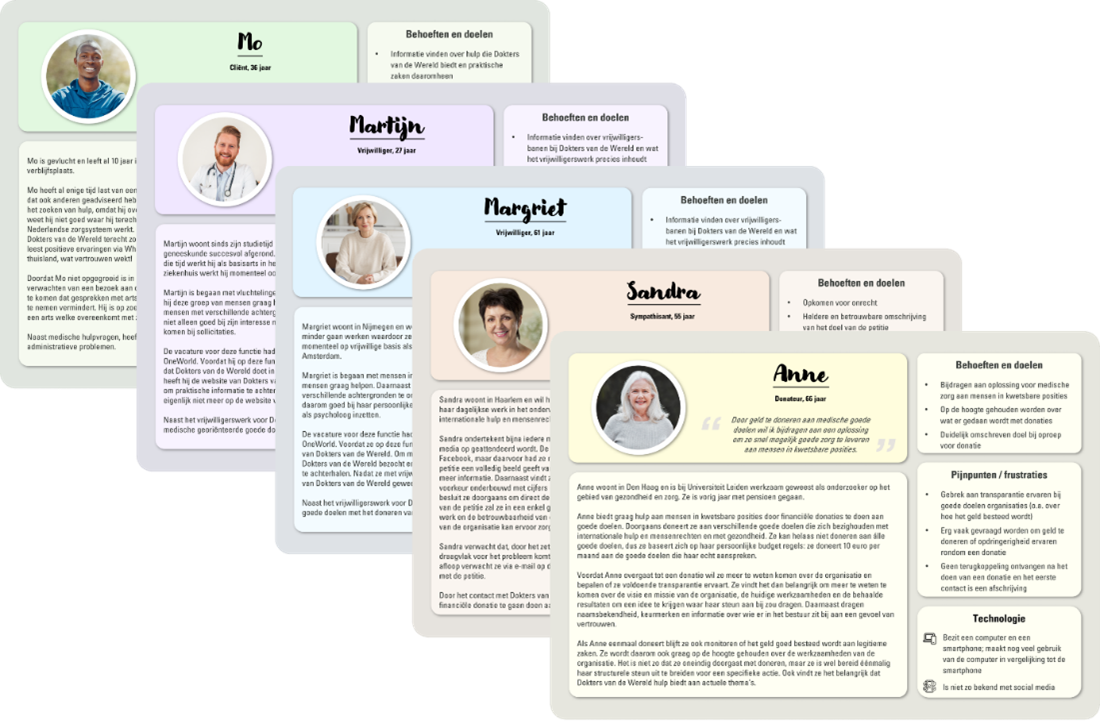
We carried out this project through our foundation, the Digital Power Datahub.
Want to know more?
Marieke, chair of the Digital Power Datahub will be happy to talk to you about what we can do for you and your organisation as a data partner.
Chair Digital Power Datahub+31(0)6 10 93 54 60marieke.schulte@digital-power.com
Receive data insights, use cases and behind-the-scenes peeks once a month?
Sign up for our email list and stay 'up to data':
